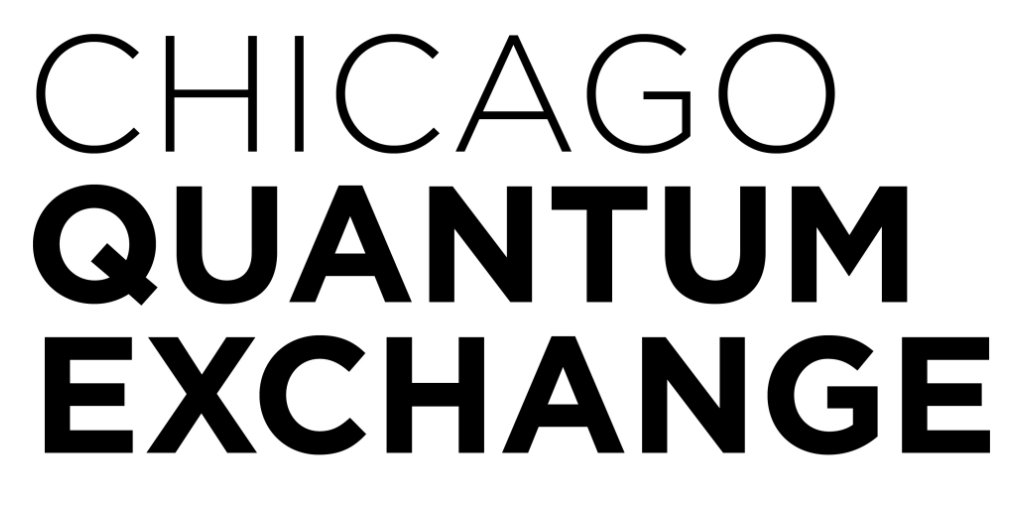We are UChicago’s official student organization dedicated to quantum computing, both theoretical and experimental. And quantum information. Metrology and sensing, too. Basically all quantum science and technology.
The home of all things quantum at the University of Chicago.
The home of all things quantum at the University of Chicago.

Visualizer: quantum superposition and the collapse of a quantum state from measurement (or maybe not?).
Initiatives
-
One of our biggest concerns for undergraduates interested in pursuing quantum is that for most, already half of their undergraduate career has passed by when they are just beginning to learn basic quantum mechanics. Due to this, it is difficult to interact with the exciting research ongoing at the frontier of quantum research.
To solve this dilemma, during Autumn quarter, we kickstart our Introduction to Quantum Computing series, (i.e. Education Series). Here, our Head of Education board members give lectures to cover the fundamentals of quantum information we believe is necessary to interact with the frontier of quantum, which includes being able to read newly published literature, to joining research labs to conduct quantum research.
Some topics include mathematics of quantum mechanics (Hilbert spaces, adjoint operators, dual spaces), qubits and architectures, unitary time evolution, quantum gates, entanglement, and quantum complexity.
More advanced concepts including but not limited to quantum error correction, topological phases of matter, and interpretations of quantum mechanics. The lectures for these specialized topics will be given during future quarters (winter and spring).
No mathematics background is required (though knowledge of linear algebra is helpful), and we provide problem sets to reinforce learning as well. Hope to see you there!
-
Our journal club, hosted by the Head of Journal Club, is open to all students (both undergraduate and graduate) who are interested in reading and discussing recent papers/literature in a group. Members will vote upon papers for each week, and if the selected paper requires a substantial background, we will also provide a sufficient overview of the preceding literature. Members are also encouraged to deliver presentations on papers with which they are familiar to the larger group.
The journal club will explore a wide variety of research, from quantum repeater structures to learning algorithms and beyond. As such, students already pursuing independent research will benefit from the distinct degree of exposure facilitated via the journal club. Members are not required to attend every meeting. -
We have been part of various research projects in the past, such as a collaboration with the Cornell Quantum Society regarding anyon braiding simulations, and a collaboration with Physics PhD candidate Chunyang Ding at Stanford University’s Schuster Lab, where we worked on a centralized repository for superconducting quantum computer experiments.
We will update this section with any new incoming quantum research projects that members can participate in! -
Throughout the academic year, UC Quantum organizes talks from faculty members, industry professionals, quantum policymakers, and more. We also arrange exclusive laboratory tours, giving members the opportunity to explore PME’s quantum engineering research labs and learn about the cutting-edge experiments occurring at a world leader in quantum research.
Some guest speakers include Minzhao Liu from Argonne National Laboratory, as well as professors Michael Levin, Liang Jiang, and Aashish Clerk.
Events
During the academic quarter, UC Quantum hosts regular meetings for our education series, journal club, and research project programs. Faculty talks and lab tours are specially arranged on a case-by-case basis.
We also often have various social events. Study breaks, in which we order food for the university community to relax and socialize, are the most informal. We also will have research symposiums for undergraduates to present their work, various panels and networking events with industry professionals, etc.
Undergraduate and graduate students are welcome to all events, although in some limited capacity situations, we will prioritize UC Quantum members.




